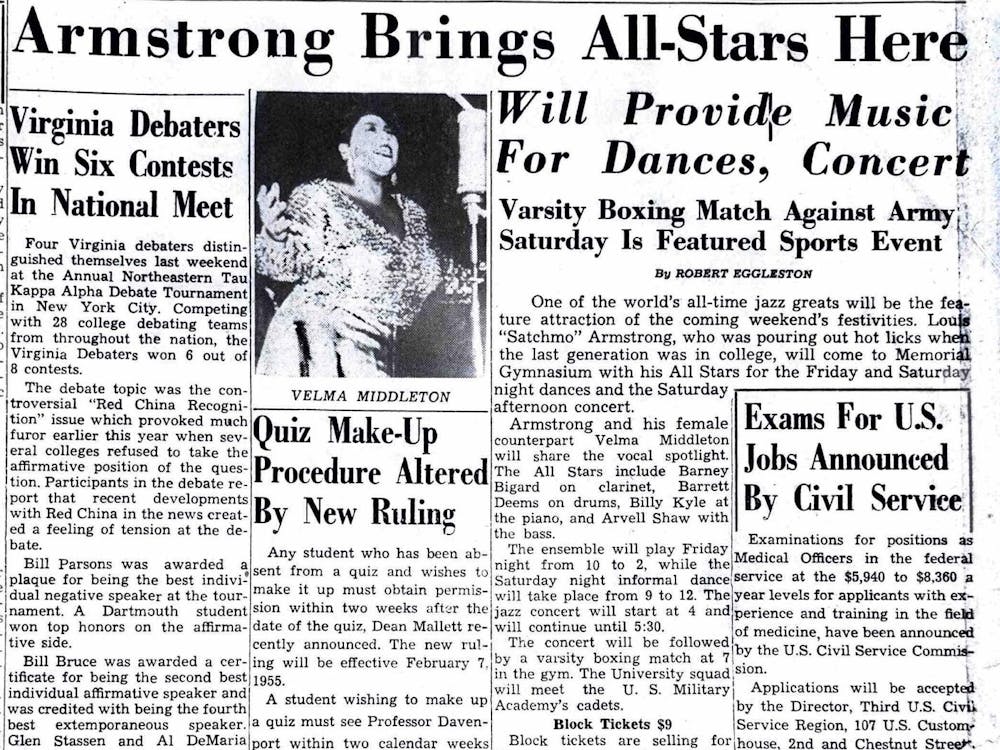Gratuitous violence on television may never again see the light of day following a measure passed 16-2 Wednesday by the Senate Commerce Committee to ban the controversial material from daytime viewing.
If the measure passes both the Senate and the House, the Children's Protection from Violent Programming Act could restrict the airing of violent programs during hours when children are likely to watch.
"It would treat gratuitous violence the same way that we treat indecent programming," said Andy Davis, press secretary for Sen. Ernest Hollings (D-S.C.).
The bill, sponsored by Hollings, would require the Federal Communication Commission to determine the definition of violent programming and the specific hours during the day that would be restricted - tentatively 6 a.m. to 10 p.m.
Under the legislation, the ban on daytime television violence would go into effect only if an FCC study determines the V-chip - an electronic device allowing parents to block certain television programs from their children - to be ineffective.
The bill "has strong bipartisan support," Davis said. "It is time to stop just talking about it and take action."
But some opponents of the bill said they feel regulating the broadcasting companies would be an infringement on the First Amendment right to free speech.
"It is not the government's role to tell broadcasting companies when they can broadcast certain things," said Erik Hotmire, press secretary to Sen. Sam Brownback (R-Kan). Brownback, one of two on the committee to vote against the bill, has proposed his own solution to regulate violence on television.
Brownback's bill would give the entertainment industry the power to voluntarily determine their own set of guidelines, Hotmire said.
The Senate could vote on both bills by the end of the year.
Psychology Prof. Dickon Reppucci said there is some evidence that violence may contribute to a youth's delinquency, but other factors must also be present.
"If you have watched 100 hours of violence on television there is an increased likelihood, but it probably will not be actualized unless there are a number of other risk factors," Reppucci said.






